EXHIBITION 2019, ŁÓDŹ
„+,–”
„+,–” Hommage à Bunt et Jung Idysz
Muzeum Miasta Łodzi, 12.06–29.09.2019
„+,–” exhibition was a part of: Międzynarodowego projektu Bunt. Nowe Ekspresje
Partners: Muzeum Narodowe w Poznaniu, Muzeum Miejskie w Dreźnie, Fundacja Współpracy Polsko-Niemieckiej, Muzeum Miasta Łodzi, Muzeum Okręgowe w Bydgoszczy, Dolnośląski Ośrodek Kultury i Sztuki, Uniwersytet Zielonogórski, Odra, Format; media: Contemporary Lynx; patronat MKiDN
Artists Krzysztof Balcerowiak, Andrzej Bobrowski, Stefan Ficner, Sławomir Iwański, Jarosław Janas, Dorota Jonkajtis, Kajetan Karczewski, Maciej Kurak, Agnieszka Maćkowiak, Maryna Mazur, Witold Modrzejewski, Grzegorz Nowicki, Max Skorwider, Piotr Szurek, Michał Tatarkiewicz, Radosław Włodarski, Zbigniew Zieliński
Curators:
Andrzej Bobrowski
Maciej Kurak
Coordinators:
Ireneusz Kozłowicz
Witold Modrzejewski
Radosław Włodarski
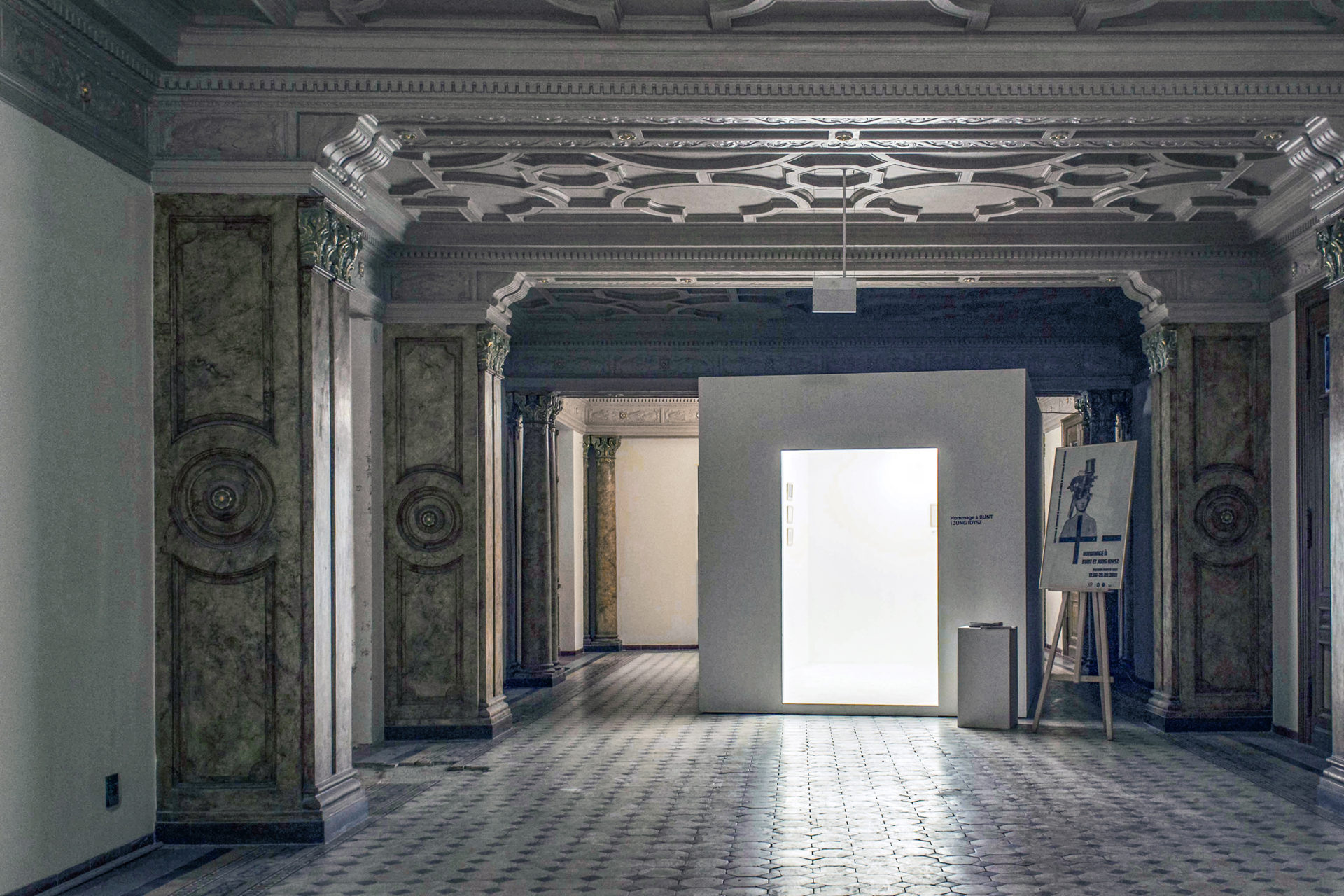
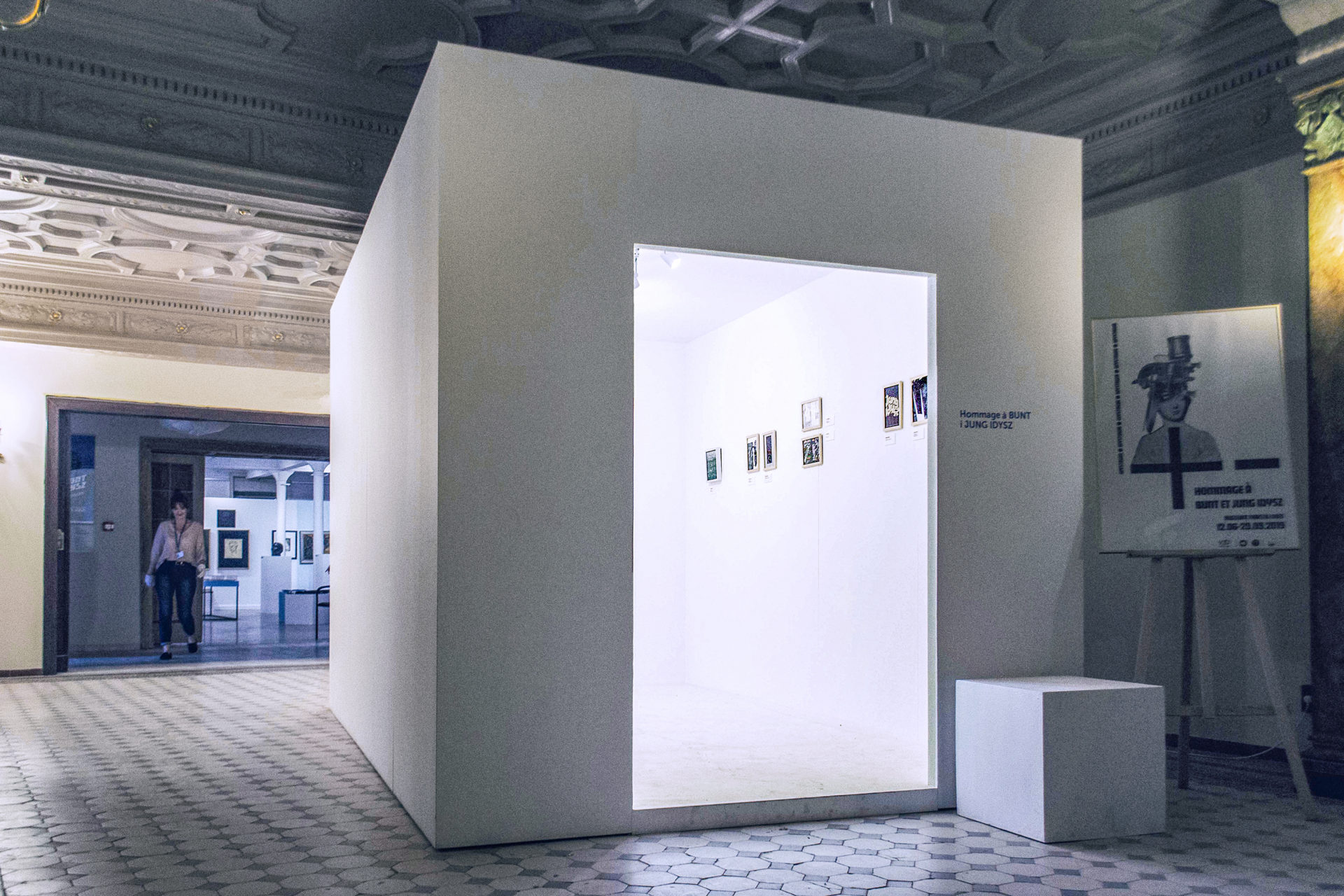
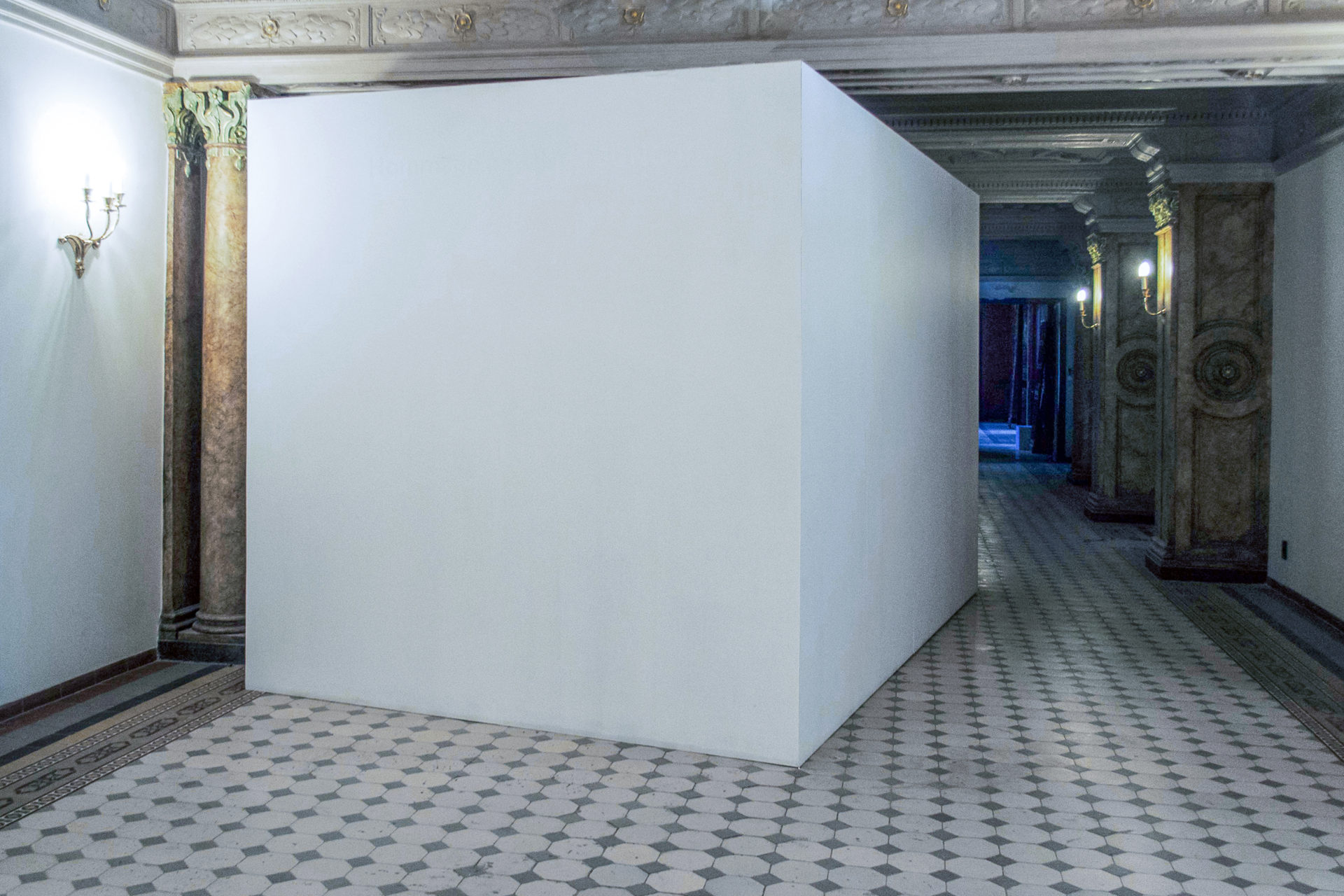
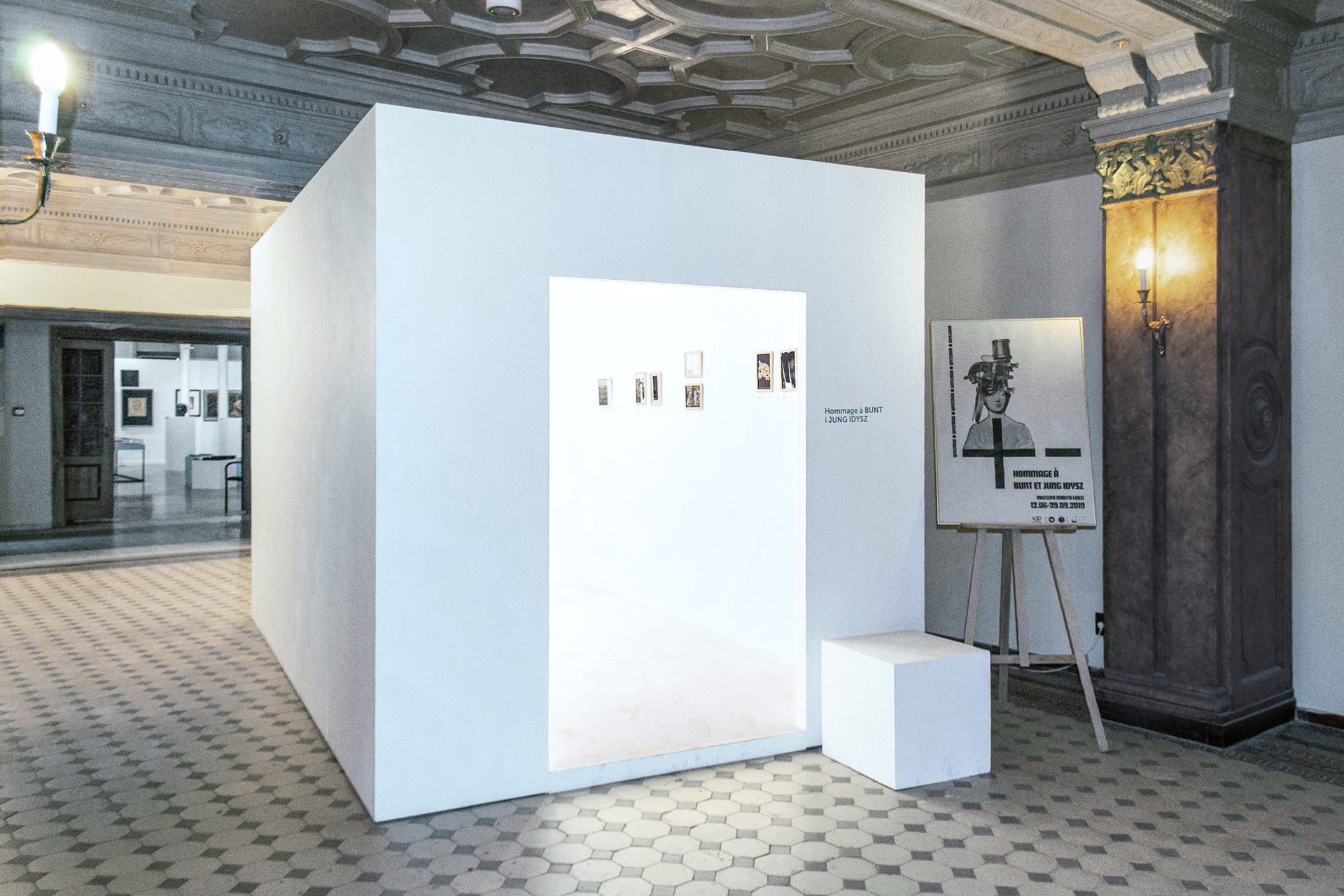

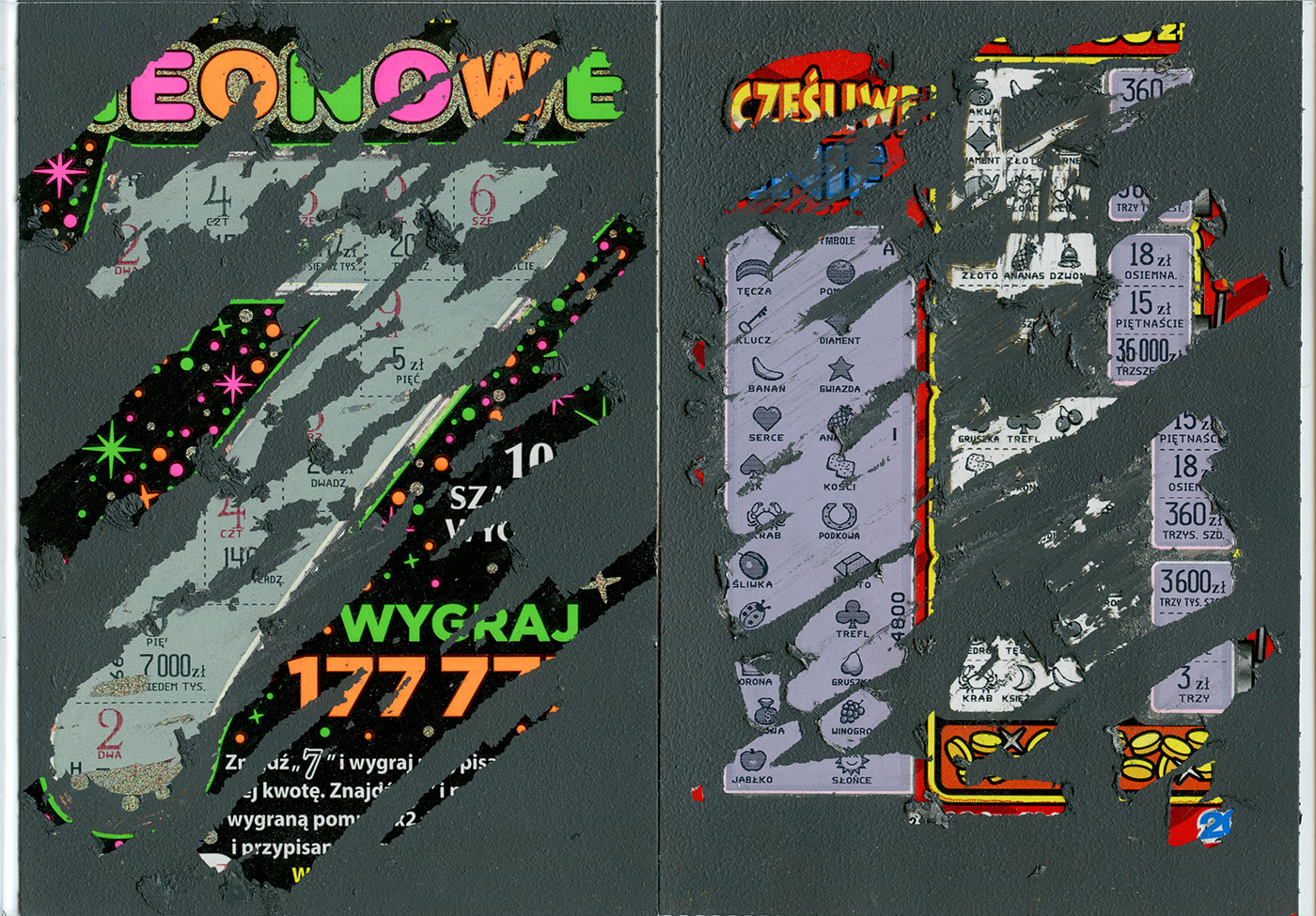
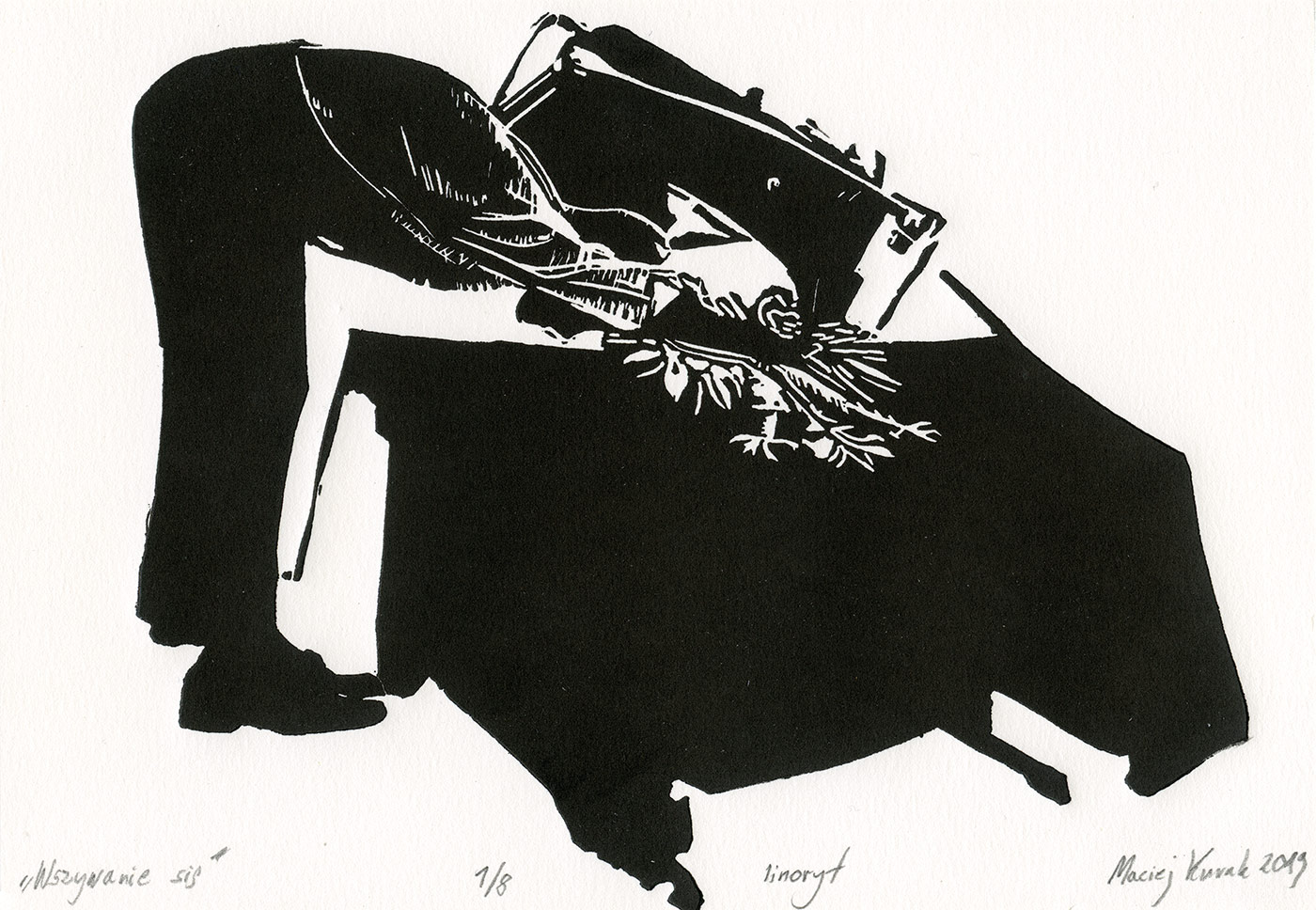
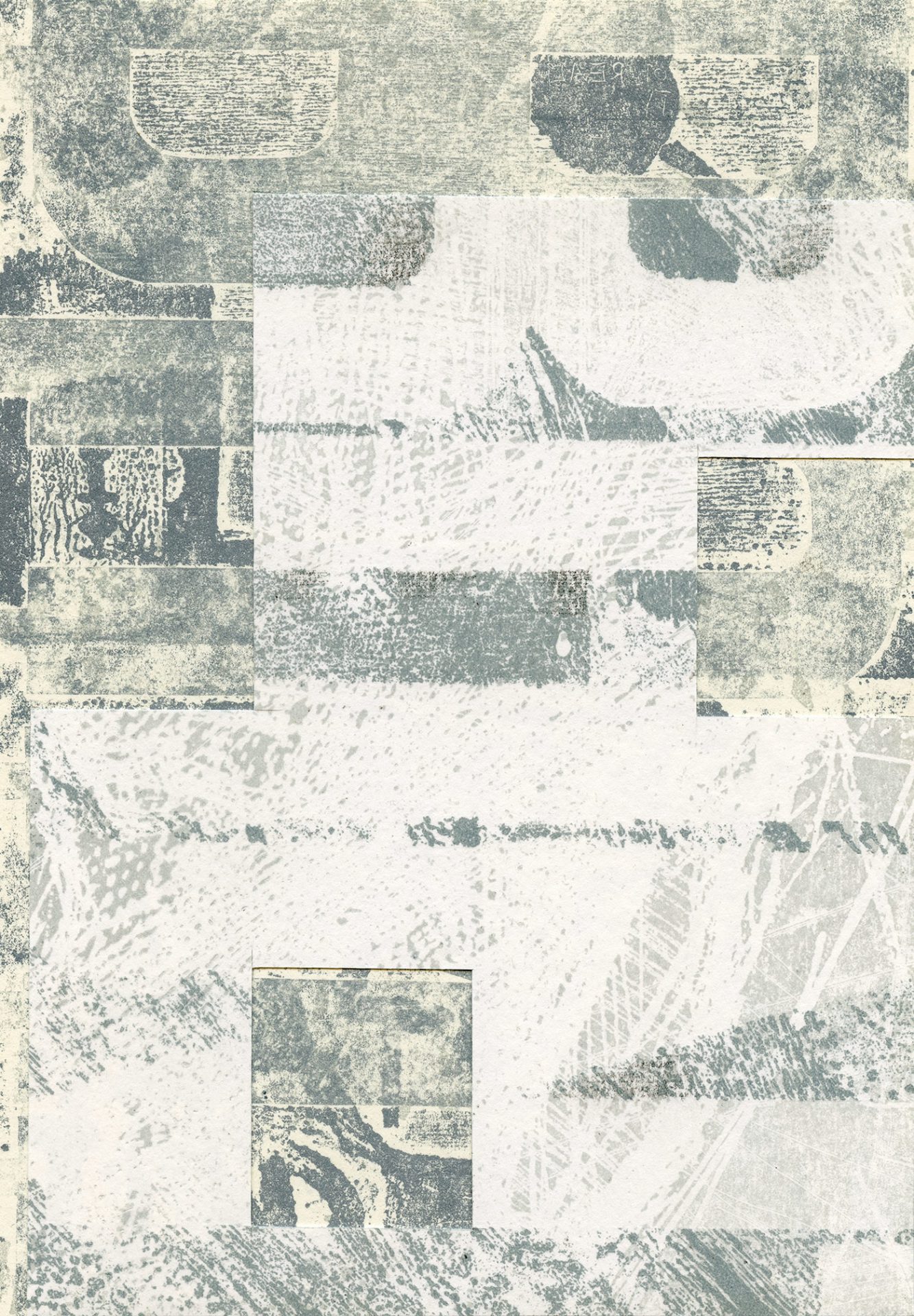
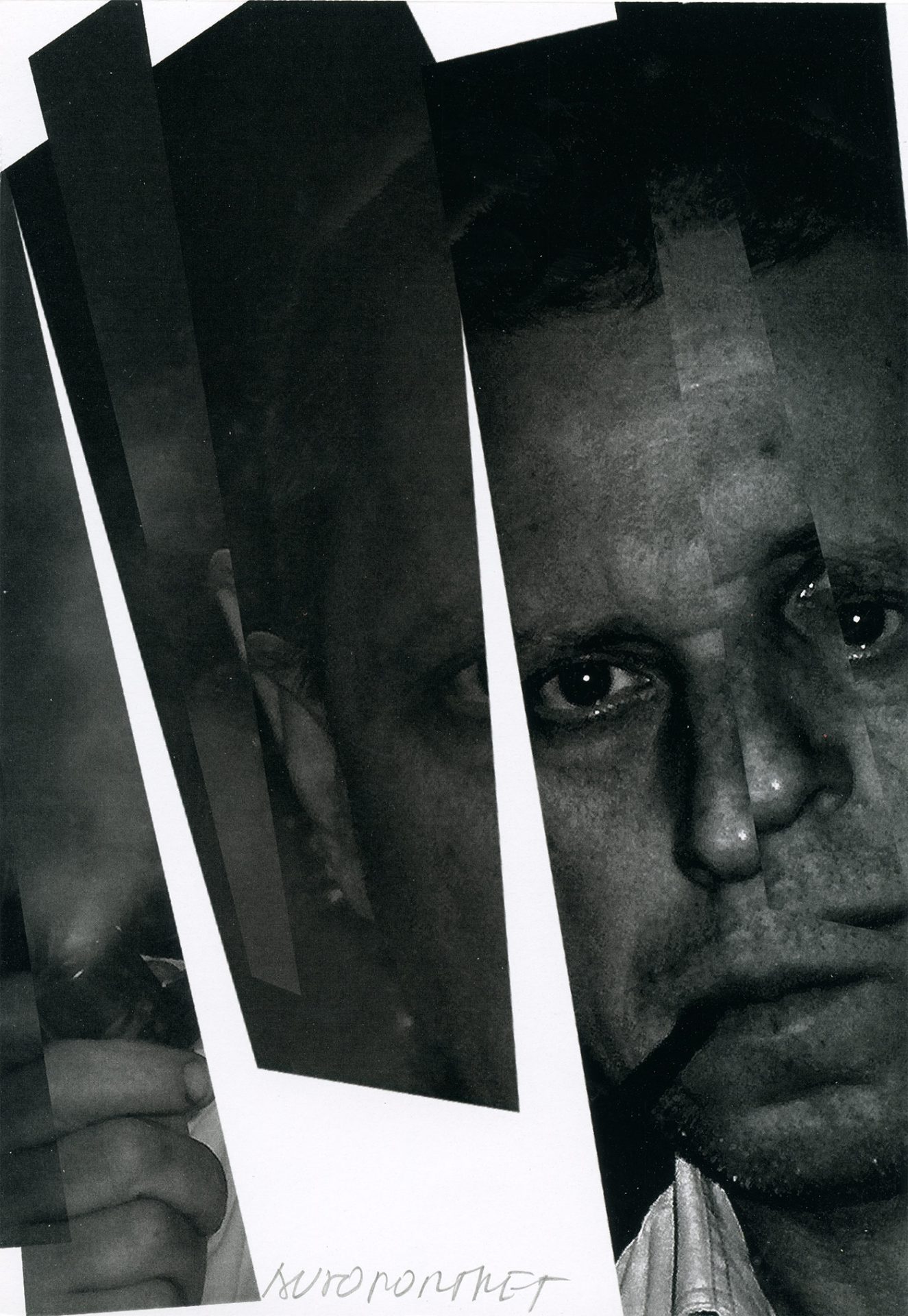
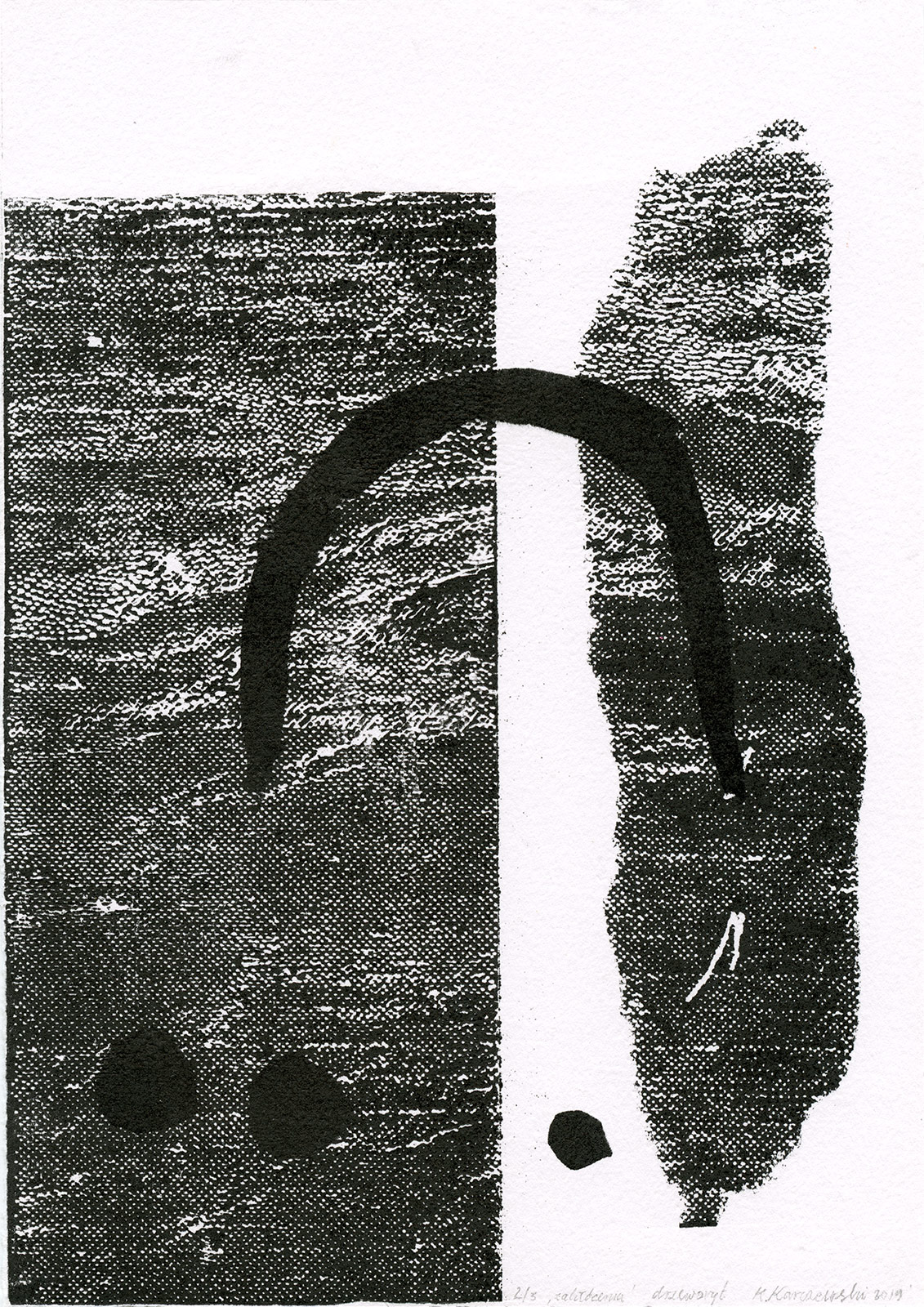
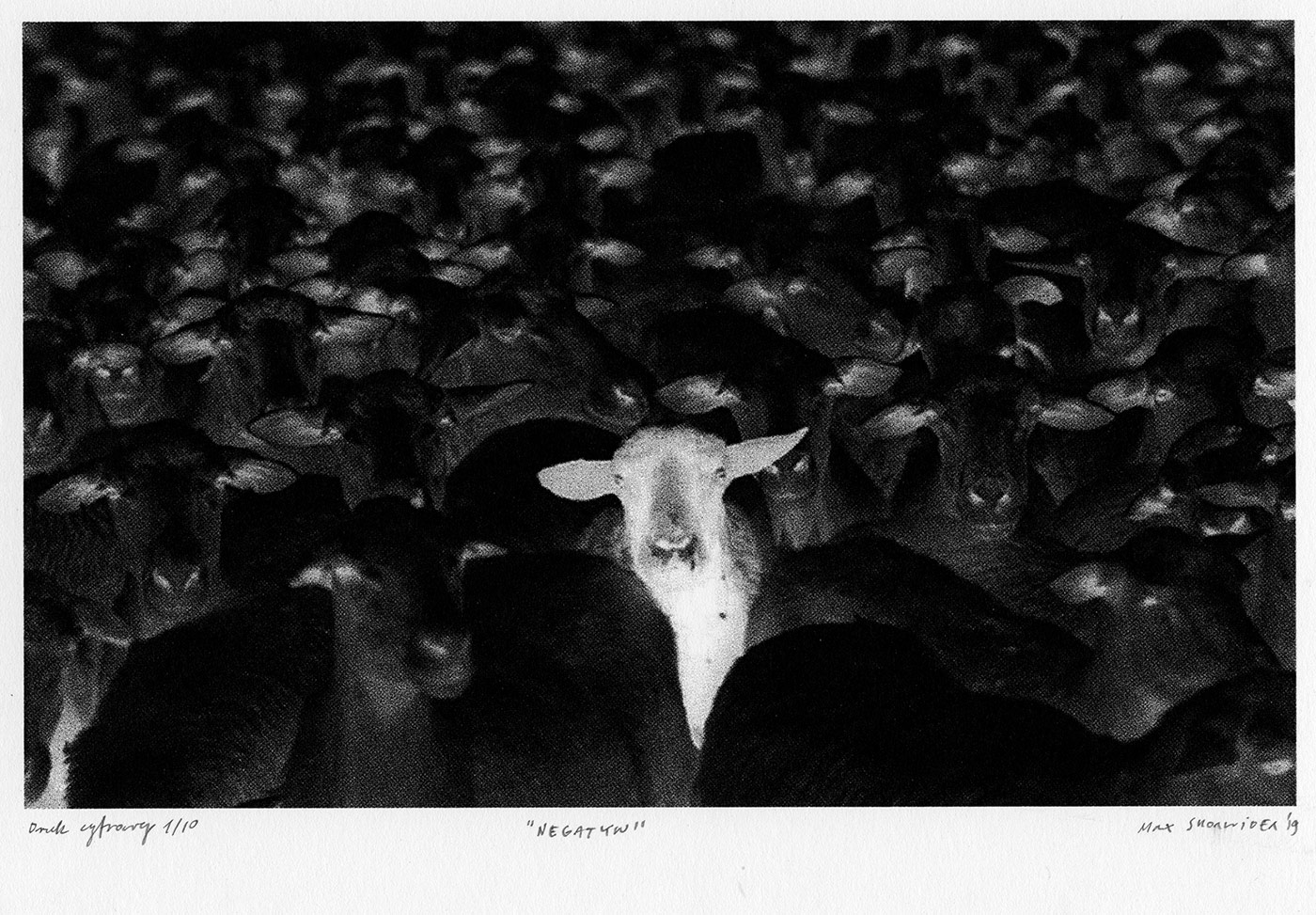
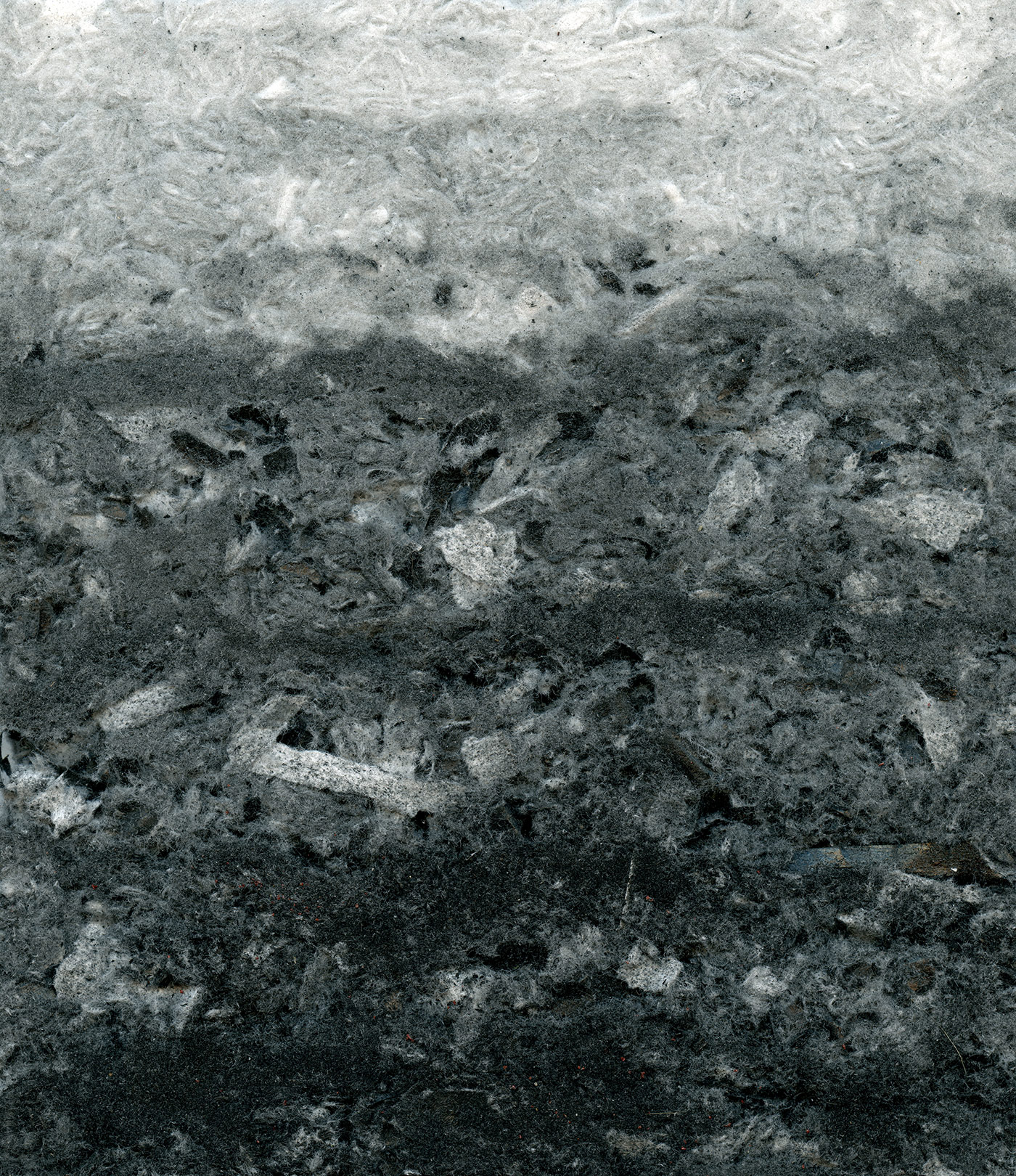

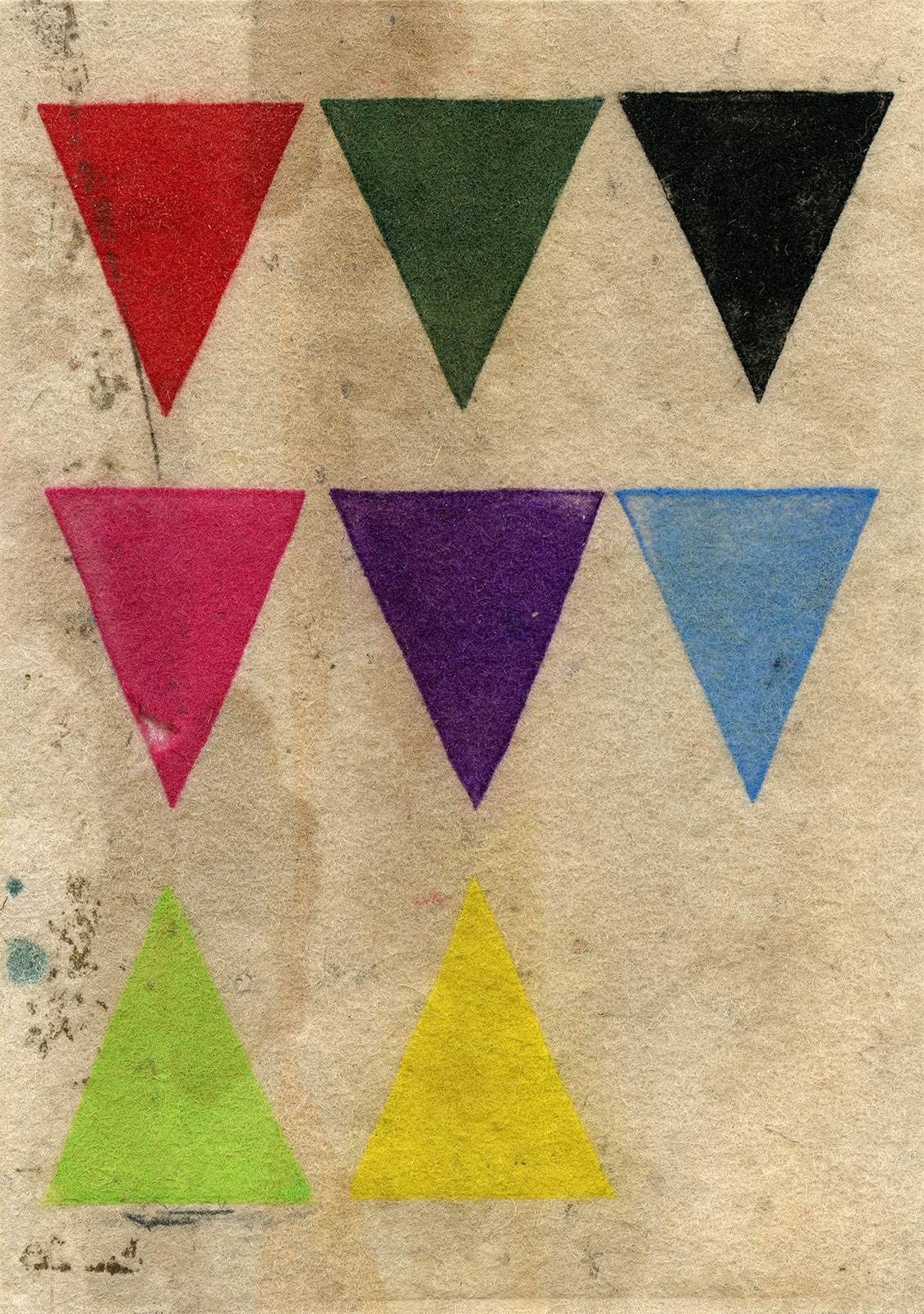
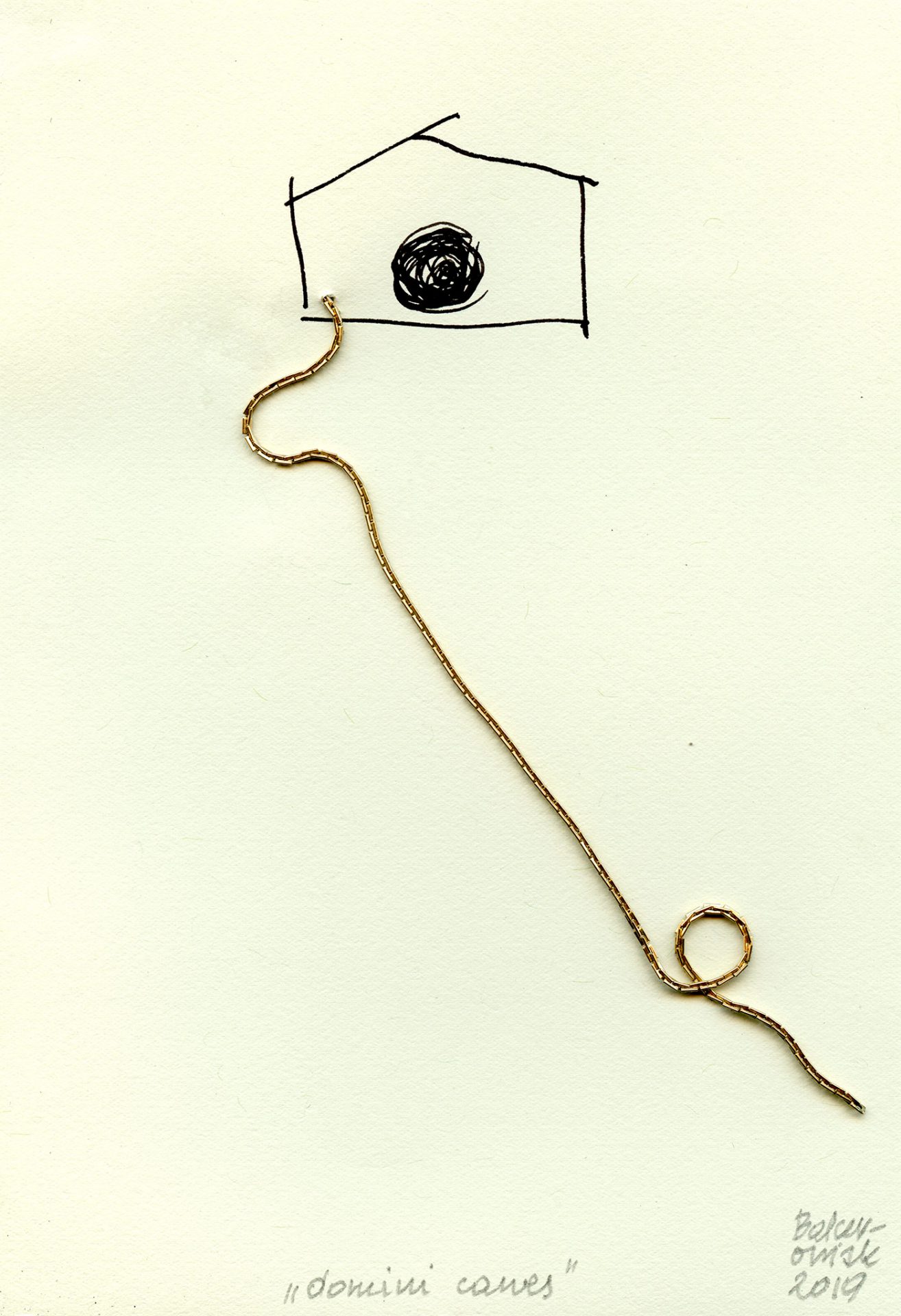
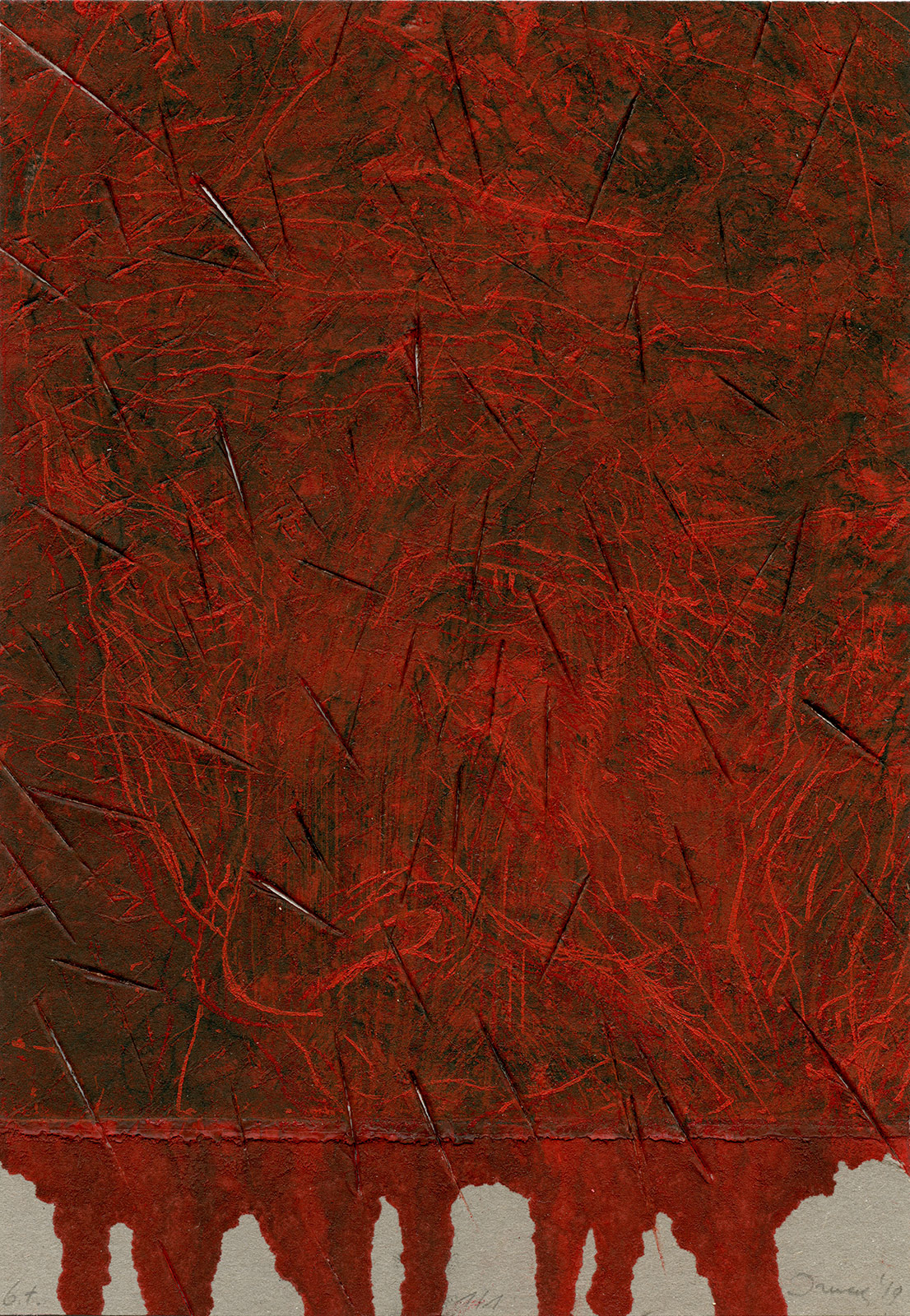
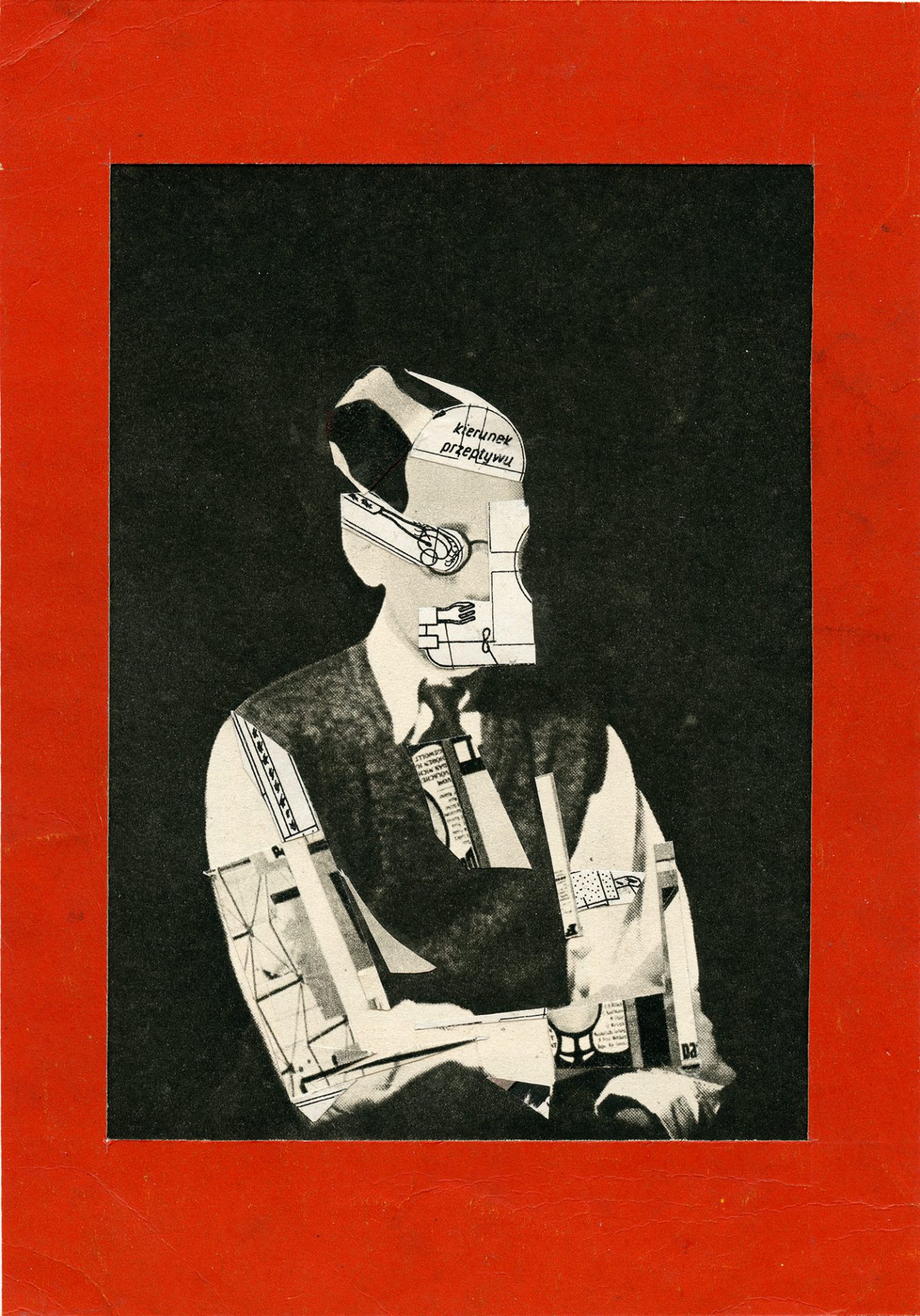
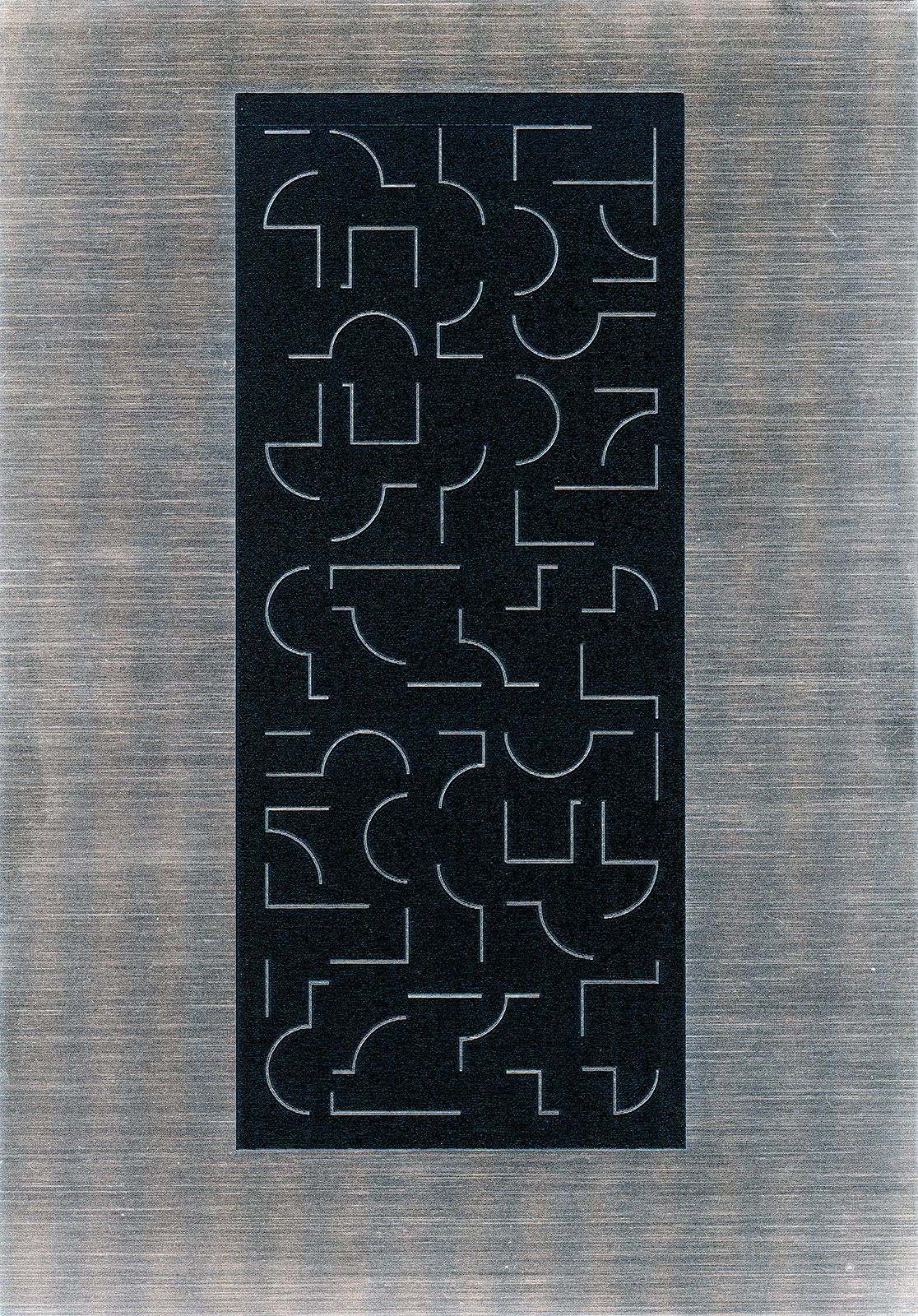
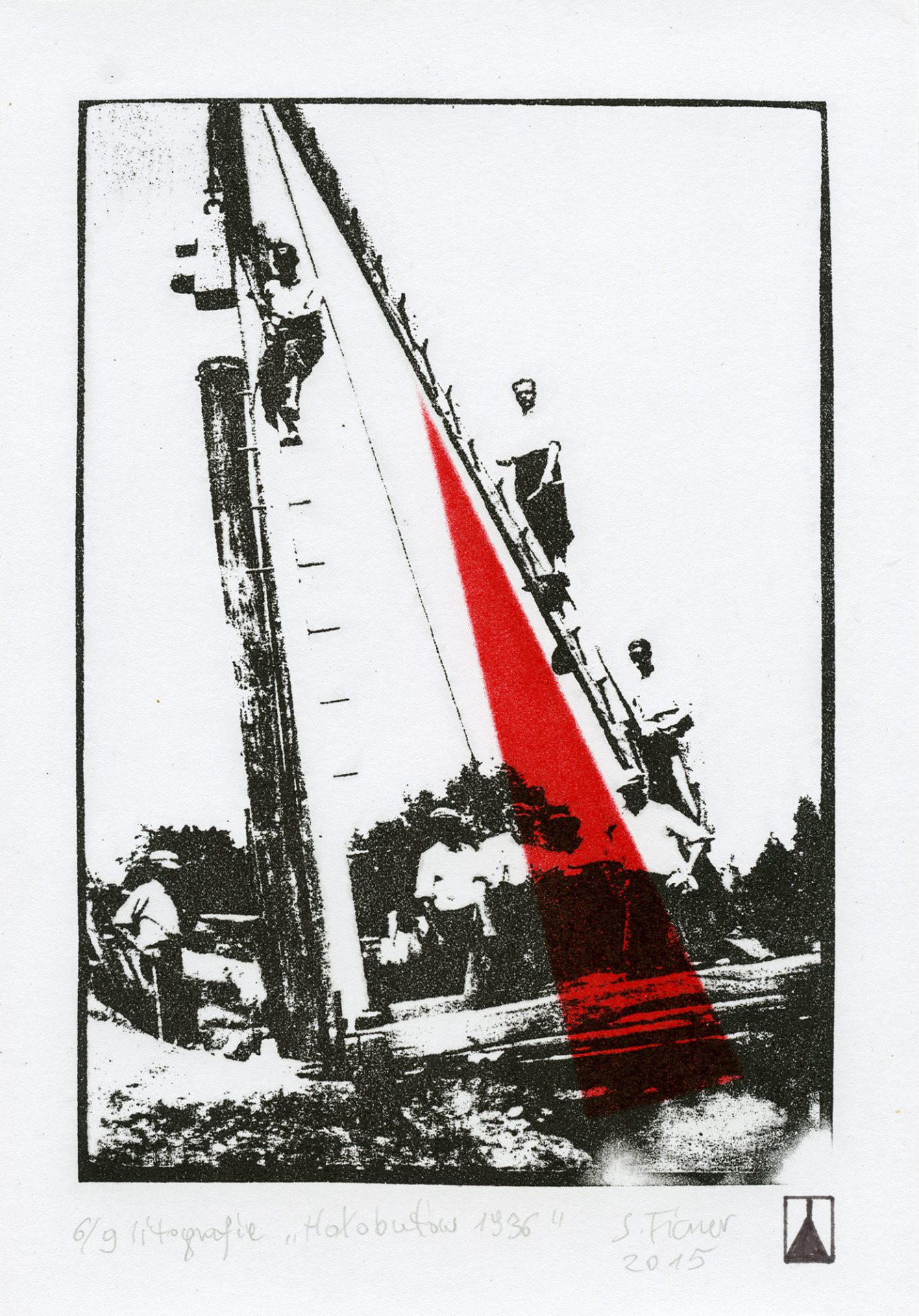
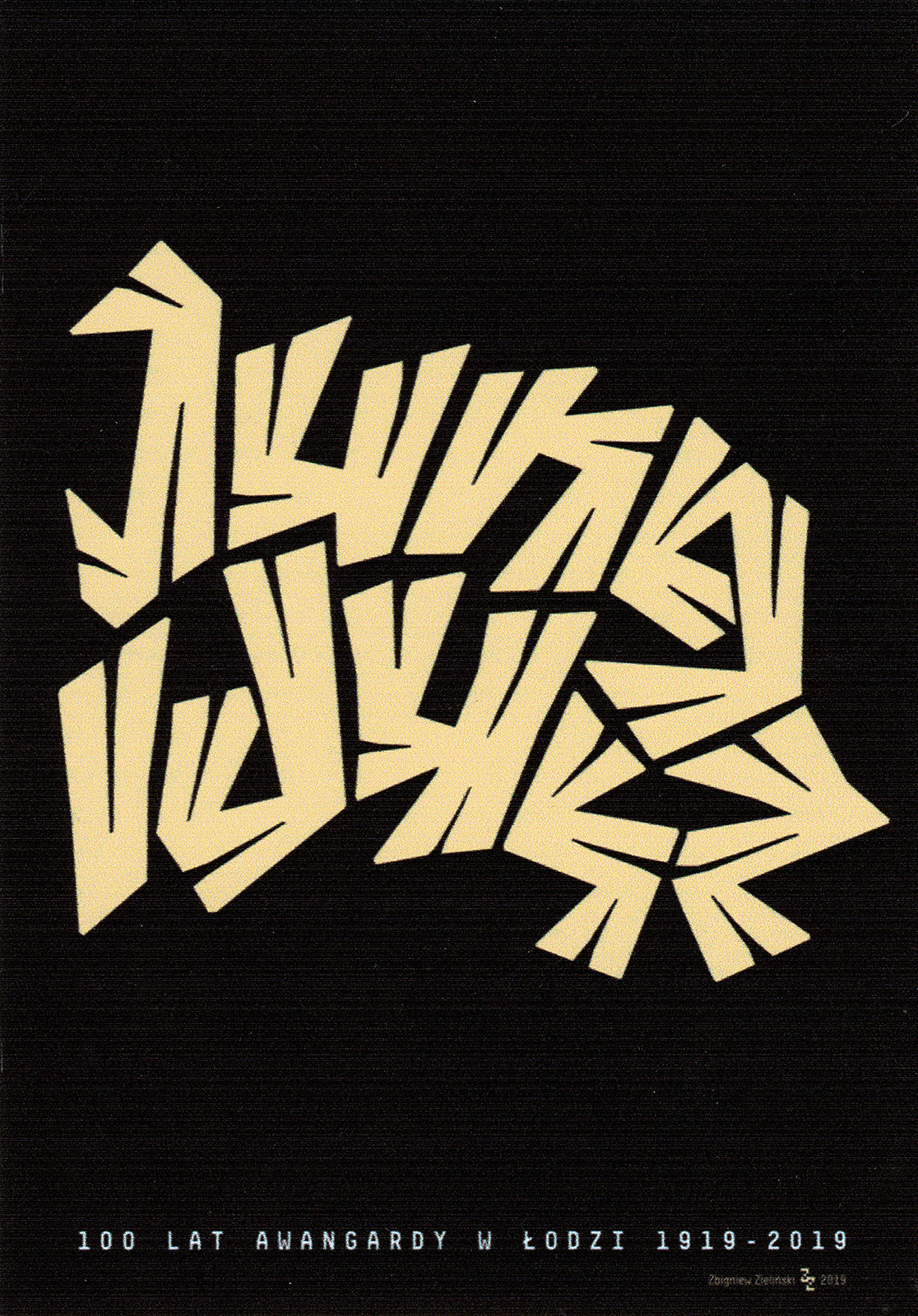
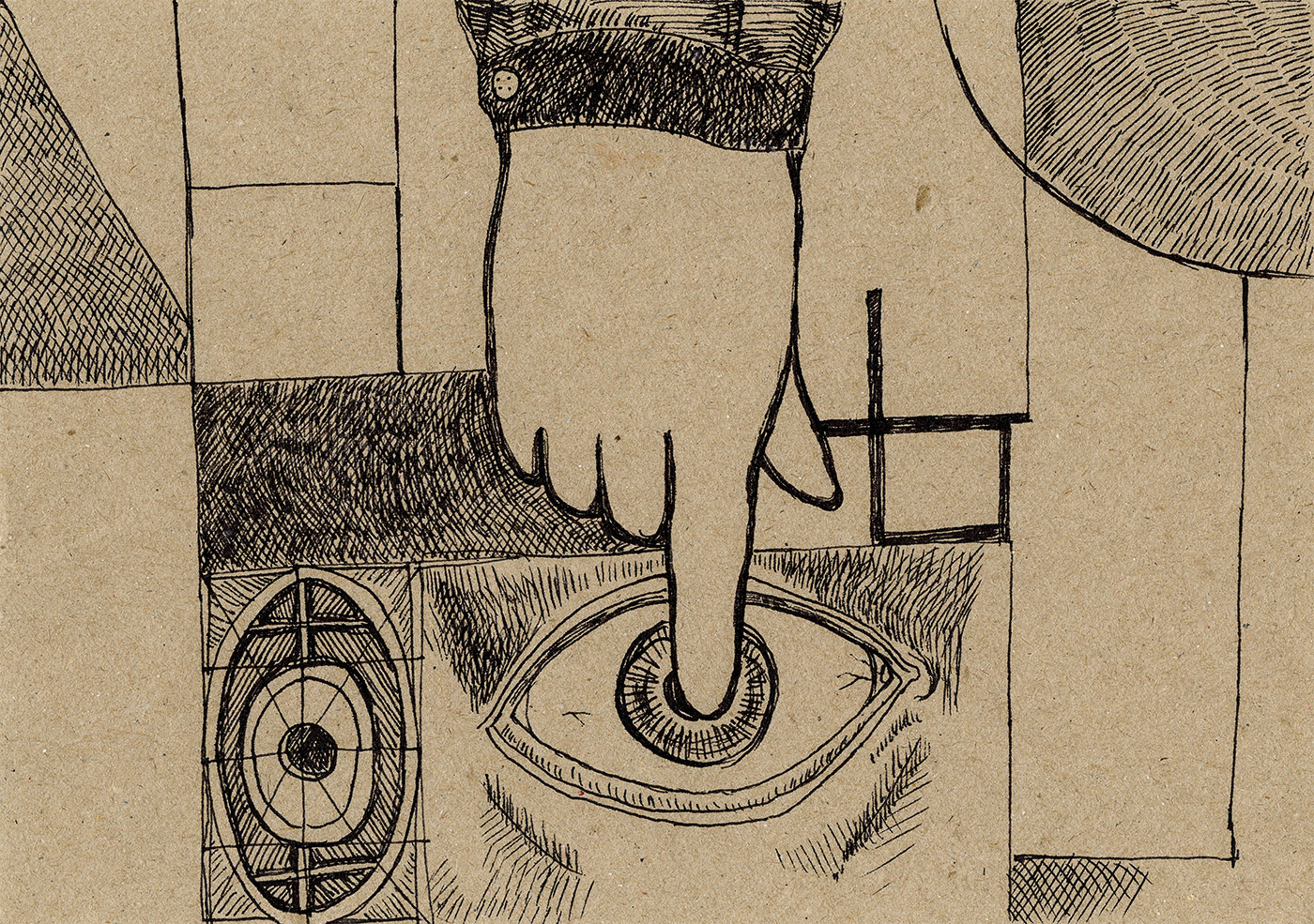
„+/–” Hommage à Bunt et Jung Idysz
In the present political system, maintaining state structures serves the capitalist system, stimulation of the world economy, enterprise development, capital accumulation, state hierarchy and hegemony. In the past, the state strengthened its power, inter alia, by transforming the population into a ‘nation’, an ethnic community based on historical and cultural facts and myths.
The slogan ‘We, the Nation’, uttered by the demonstrators of the French Revolution, triggered the democratisation of society and transformed the subjects into citizens. These changes also contributed to an increase in the state’s power over society and an individual’s way of life (biopolitics), leading to aggressive totalitarianism and extreme Nazism.1 Inconspicuous myths about the origin (‘the myth of blood and soil’) often gave rise to the national ideology – nationalism, which turned into a radical variant of fascism.
In global culture, national politics is conducive to the development of the economic market. Nationalism is usually created by the school system, the armed forces and public ceremonies. Separation and national differences affect the formation of areas of capital accumulation and economic domination, while openness to cultural diversity and attempts to reduce social inequality make it possible to eliminate polarisation and contribute to economic growth. National prejudices do not allow one to focus on the real problems of society, but maintain, under the mantle of liberation, negative standards related to hierarchy and inequalities.
The graphic project entitled “+/–” is an introduction to and a contemporary version of socially engaged issues dealing with the topics of utilitarianism, multiculturalism and global phenomena based on the world-systems2 mechanism conditioned by the capitalist economy, defining a new world map divided into the core, semi-periphery and periphery. In reference to global politics, the theme of this graphic project reveals the paradoxes of social freedoms dependent on international systems. The exhibition shows the hidden mechanisms of culture that strengthen the standards of behaviour responsible for maintaining xenophobia in society. According to Claude Lefort, ‘democracy is instituted and sustained by the dissolution of the markers of certainty. It inaugurates a history in which people experience a fundamental indeterminacy as to the basis of power, law and knowledge, and as to the basis of relations between self and other, at every level of the social life’.3 The discussion on these topics draws attention to the problem of standardisation of life and makes it possible to analyse history more deeply and present it anew, in the context of values being shaped at a given moment in history.
The project entitled “+/–” consists of works made in various graphic techniques in the A5 format. It is a reference to the size of the graphic works used by Bunt and Jung Idysz artists. All works are displayed in a ‘portable gallery’ – a white cube, which forms a regular prism based on the golden ratio.
Maciej Kurak
- Giorgio Agamben, Homo Sacer: Sovereign Power and Bare Life, Stanford: Stanford University Press, 1998.
- Immanuel Wallerstein, World-systems Analysis: An Introduction, Durham and London: Duke University Press, 2004.
- Claude Lefort, Democracy and Political Theory, London: Polity Press, 1988, p. 19.